Reporter Assays
Now that you have a healthy cell model, you can study more complex biological interactions. Let us shine the light on the possibilities of reporter gene assays.

Bioluminescence
From the natural environment to the cellular environment, bioluminescence is an important biological process.

ARTICLE
Bioluminescence in Nature
Examples of biolumenscence are found everywhere in the natural world—from your backyard to the depths of the ocean. Let these creatures illuminate your mind and inspire your science!
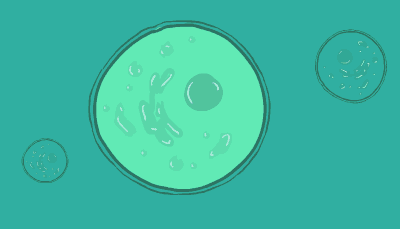
GUIDE
Bioluminescence Resource Center
Learn more about how luminescence works, what makes it different from fluorescence and how you can use luminescence to fuel your own research.

GUIDE
Bioluminescent Reporter Genes
Bioluminescence provides a unique opportunity to study gene expression and regulation within a cell model. Learn how to use luciferase reporter technology.
Reporter Assays
Luminescent reporter assays can help you analyze a variety of complex intracellular processes. With this complexity in mind, starting with a good assay design is imperative for experimental success.

VIDEO
Introduction to Reporter Gene Assays
Gain a basic understanding of how reporter gene assays work.
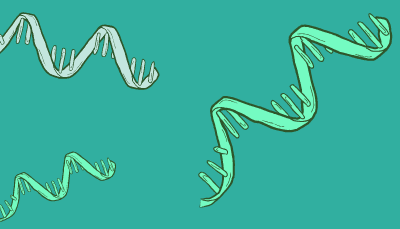
GUIDE
Reporter Assays and Beyond
While reporter assays are traditionally used to study gene expression, the bright and sensitive NanoLuc® Luciferase brings new applications into light.
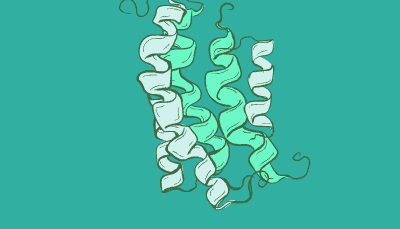
BLOG
Bioassays and Beyond
Discover how a luciferase-based bioassay is used as an alternative to traditional primary cell-based methods.
Optimize Your Assays
Here are some tips to help you optimize your reporter gene assays, from experimental design to data analysis.

WEBINAR
Designing a Reporter Assay
With many advantages come many pitfalls. Get advice on how to avoid common mistakes when designing your reporter assays.
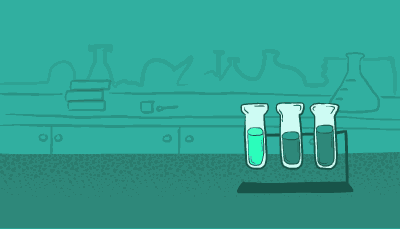
ARTICLE
Choosing Your Reporters
To design a good reporter assay, you need to consider many parameters—but how do you choose the right combination? Learn how to decide which assay is right for you.

GUIDE
The Need for Normalization
A control reporter provides a method of internal normalization to reduce variability in your experiments, acquire more data and help you better analyze your results.
Transfection
How do you get genetic material into a cell? There are a variety of methods available to help you perform a successful transfection while maintaining the integrity of your cells.

ARTICLE
Optimize Your Transfection
Good cell culture practices, quality of reagents and transfection method will all influence the results of your assay. Use this guide to determine how to achieve success.
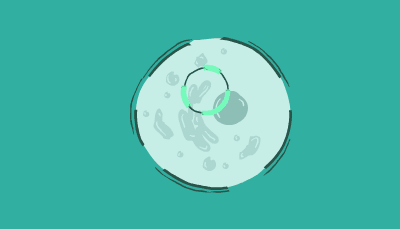
GUIDE
Deciphering the Vector Code
How do you know which gene is being expressed? Which vector should you use in your reporter assays? Decipher the naming strategy for reporter vectors.